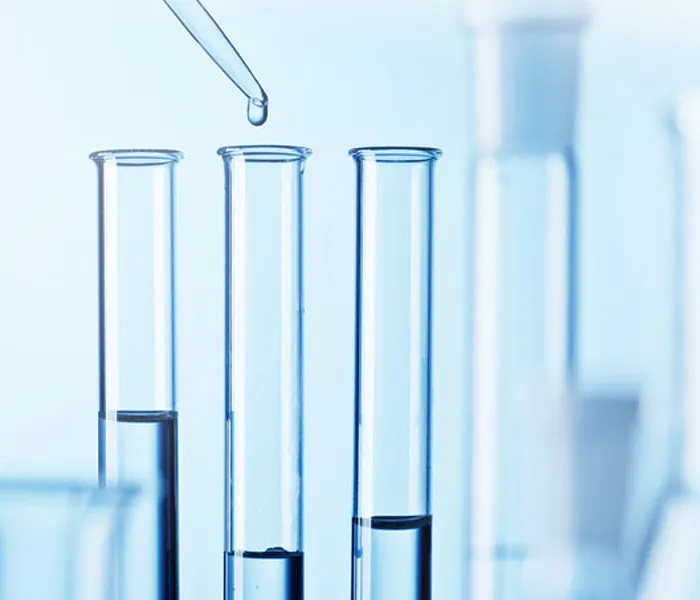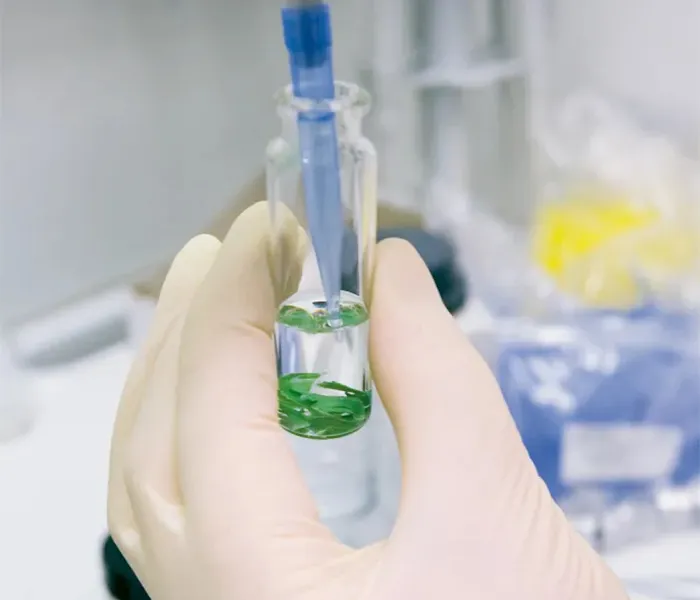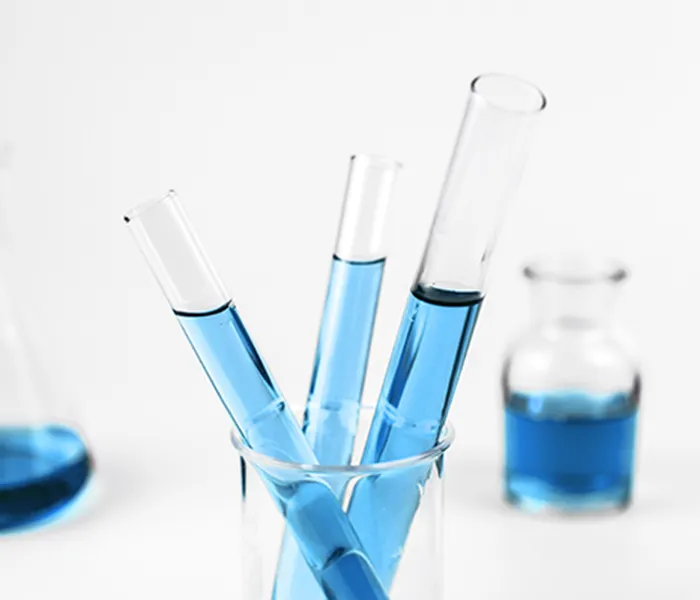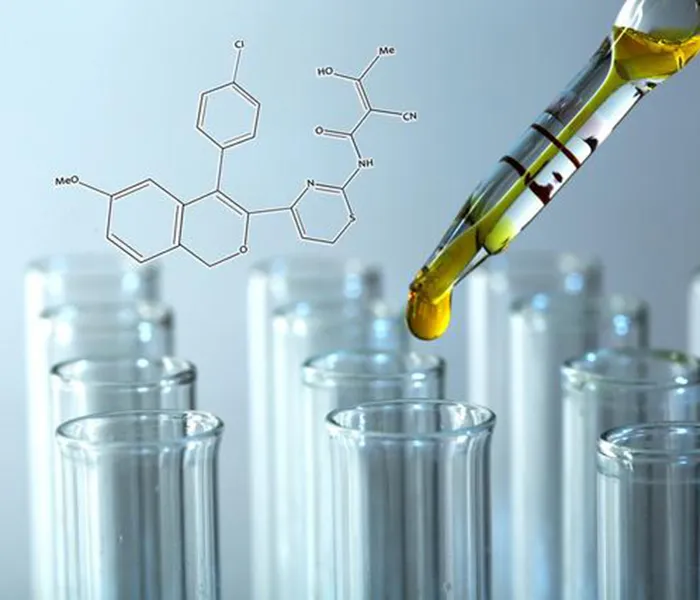Polydimethylsiloxane (PDMS) is a synthetic polymer composed of repeating units of dimethylsiloxane. It belongs to the family of silicone polymers, which are known for their unique properties such as high flexibility, thermal stability, and biocompatibility. PDMS is widely used in a variety of industries, including healthcare, electronics, and aerospace. Due to its inert nature and low toxicity, it is particularly well-suited for applications in biomedical devices and implants.
What Users Care About
- Biocompatibility: PDMS is highly biocompatible, making it suitable for use in medical devices and implants.
- Thermal stability: PDMS exhibits excellent thermal stability, allowing it to withstand extreme temperatures without degradation.
- Flexibility: PDMS is highly flexible, which makes it easy to process and form into complex shapes.
- Transparency: PDMS is transparent, allowing for easy visualization of internal components in devices.
- Chemical resistance: PDMS is resistant to a wide range of chemicals, including acids, bases, and solvents.
Step-by-Step Approach to Understanding PDMS
- Identify the key properties of PDMS: Biocompatibility, thermal stability, flexibility, transparency, and chemical resistance.
- Explore the applications of PDMS: Medical devices, implants, electronics, aerospace, and more.
- Understand the benefits of using PDMS: Non-toxic, durable, versatile, and easy to process.
- Recognize the limitations of PDMS: Can be expensive and may not be suitable for all applications.
- Consider the environmental impact of PDMS: PDMS is generally considered environmentally friendly, but proper disposal is essential.
Applications
PDMS finds application in a diverse range of industries, including:
- Healthcare: Medical devices, implants, drug delivery systems
- Electronics: Encapsulation of electronic components, flexible circuits
- Aerospace: Seals, gaskets, thermal insulation
- Consumer products: Cosmetics, personal care products, lubricants
Benefits
Users of PDMS benefit from its:
- High biocompatibility
- Excellent thermal stability
- Exceptional flexibility
- Remarkable transparency
- Superior chemical resistance
Advantages and Features
PDMS offers numerous advantages and features that make it a valuable material for various applications:
| Feature | Advantage |
|---|---|
| Biocompatibility | Safe for use in medical devices and implants |
| Thermal stability | Withstands extreme temperatures without degradation |
| Flexibility | Easily processed and formed into complex shapes |
| Transparency | Allows for easy visualization of internal components |
| Chemical resistance | Resists a wide range of chemicals, including acids, bases, and solvents |
Expertise
- Material science: In-depth understanding of the properties and applications of PDMS.
- Polymer chemistry: Knowledge of the synthesis, modification, and characterization of PDMS.
- Biocompatibility testing: Expertise in evaluating the biocompatibility of PDMS for medical applications.
- Medical device design: Experience in incorporating PDMS into medical devices and implants.
Tables
Table 1: Applications of PDMS
| Industry | Application |
|---|---|
| Healthcare | Medical devices, implants, drug delivery systems |
| Electronics | Encapsulation of electronic components, flexible circuits |
| Aerospace | Seals, gaskets, thermal insulation |
| Consumer products | Cosmetics, personal care products, lubricants |
Table 2: Advantages and Features of PDMS
| Feature | Advantage |
|---|---|
| Biocompatibility | Safe for use in medical devices and implants |
| Thermal stability | Withstands extreme temperatures without degradation |
| Flexibility | Easily processed and formed into complex shapes |
| Transparency | Allows for easy visualization of internal components |
| Chemical resistance | Resists a wide range of chemicals, including acids, bases, and solvents |
POLYDIMETHYLSILOXANE Supplier
If you want to get high-quality POLYDIMETHYLSILOXANE, you might as well try hskbrchemical. As a professional POLYDIMETHYLSILOXANE manufacturer, hskbrchemical can provide you with high-quality products and services. Welcome to contact us for detailed ordering information and services!
Experience Tips
- Proper storage: Store PDMS in a cool, dry place to prevent degradation.
- Avoid exposure to extreme temperatures: PDMS can degrade if exposed to temperatures above 250°C (482°F) for extended periods.
- Consider surface treatment: Surface treatment can enhance the biocompatibility and adhesion of PDMS.
- Use high-quality materials: Ensure that PDMS is sourced from reputable suppliers to maintain its desired properties.
FAQs
What is the chemical formula of PDMS? PDMS is a synthetic polymer with the chemical formula [(CH3)2SiO]n.
Is PDMS biodegradable? PDMS is not biodegradable and can persist in the environment for long periods of time.
Is PDMS safe for use in food contact applications? PDMS is generally recognized as safe (GRAS) for use in food contact applications by the US Food and Drug Administration (FDA).
What is the difference between PDMS and silicone? PDMS is a type of silicone polymer, but not all silicones are PDMS. Silicones refer to a broader class of polymers that includes PDMS and other silicone-based materials.





